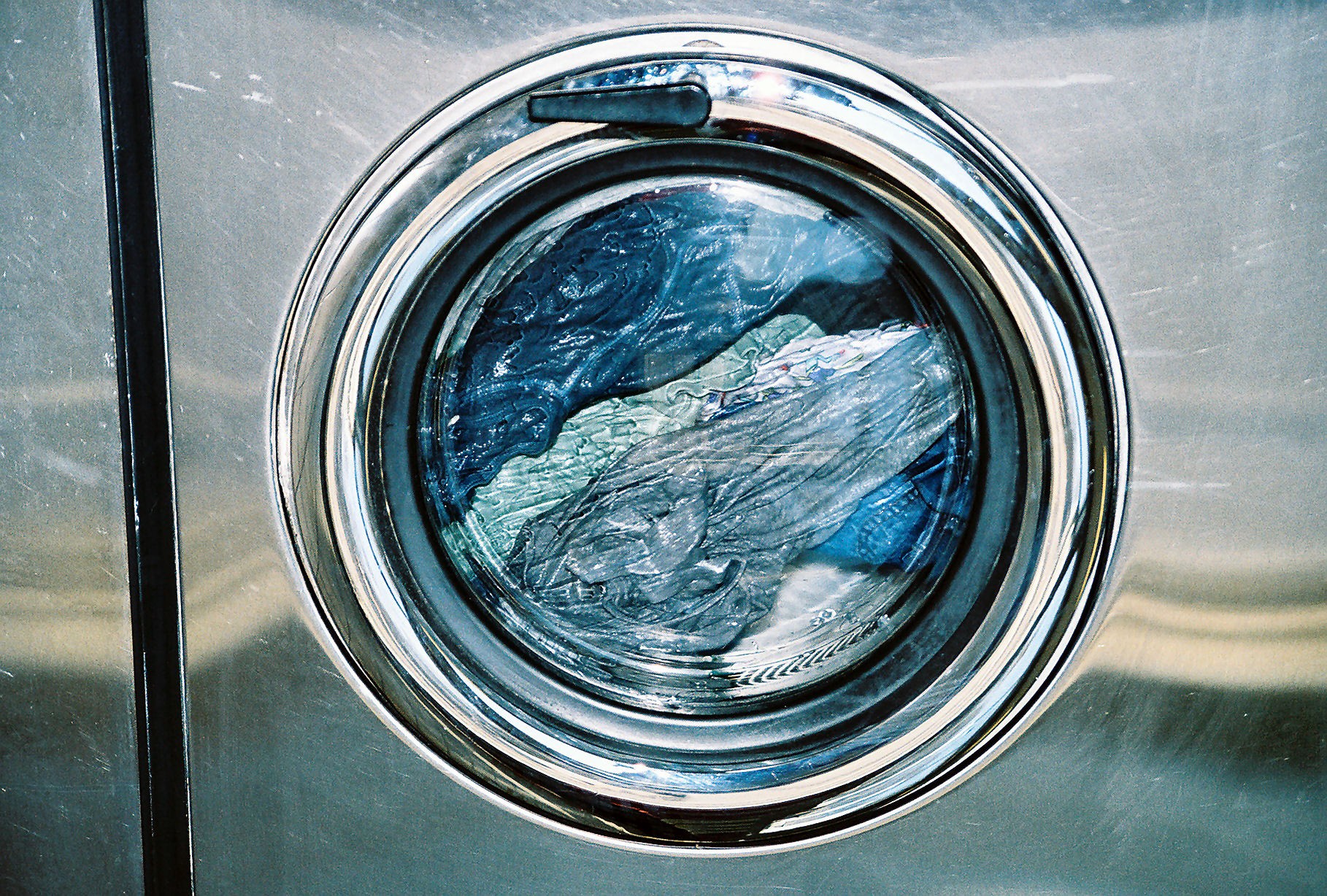-
Your shopping cart is empty!







This article will help you focus on details concerning the best available supply lines and how you can avoid installation mistakes others frequently make.
Burst hoses are one of the most frequent causes of major water damage.
The most frequent cause of a burst hose can usually be traced back to mistakes I mention in this article.
It is strongly recommended that you turn valves to clothes washing machines off after each use. There are plenty of people that never turn the valves off. Also, it is important to make sure valves turn off 100%.
It is strongly suggested that hoses be replaced every five years. There are plenty of people that do not even change hoses every ten years. Focus on details concerning the quality of hoses or other supply lines you trust. Don’t be penny wise and dollar foolish.
Shock absorbers (water hammer arrestors) should be installed on every machine. Plenty of people do not know this. If necessary, read article about water hammer arrestors.
Before any work begins, the best possible supply lines should be purchased. Also, if there are no shock absorbers installed, water hammer arrestors should be purchased.
Sometimes even professional appliance installers must call a plumber to get old hoses unscrewed. Smart installers tell consumers to call a plumber if old hoses are too rusty to unscrew safely. It is better to call a plumber and let him cut a connection off than it is to break a pipe and cause flooding.
Supply lines (usually hoses) must be installed so they do not come in contact with sharp edges (on the machine or on anything else that might touch the supply).
Kinks must be avoided. Even a slight kink can cause premature supply line failure. Often hoses with elbows and/or hose connection type 90 or 45 degree ells are needed to prevent kinks.
Frequently, installers accidently cross thread plastic threads on fill valves (the part of the machine called the solenoid). It is extremely easy to cross thread plastic threads, installers must be extremely careful as connections are screwed on fill valves.
TIPS: A light coat of synthetic faucet grease helps washers seal better and not stick. The same grease coated lightly on metal threads (not on plastic threads) will make supply replacement easier next time. After machines are installed level and in the permanent location (reasonably close to the wall), use a flash lite to search for kinks and sharp edges.